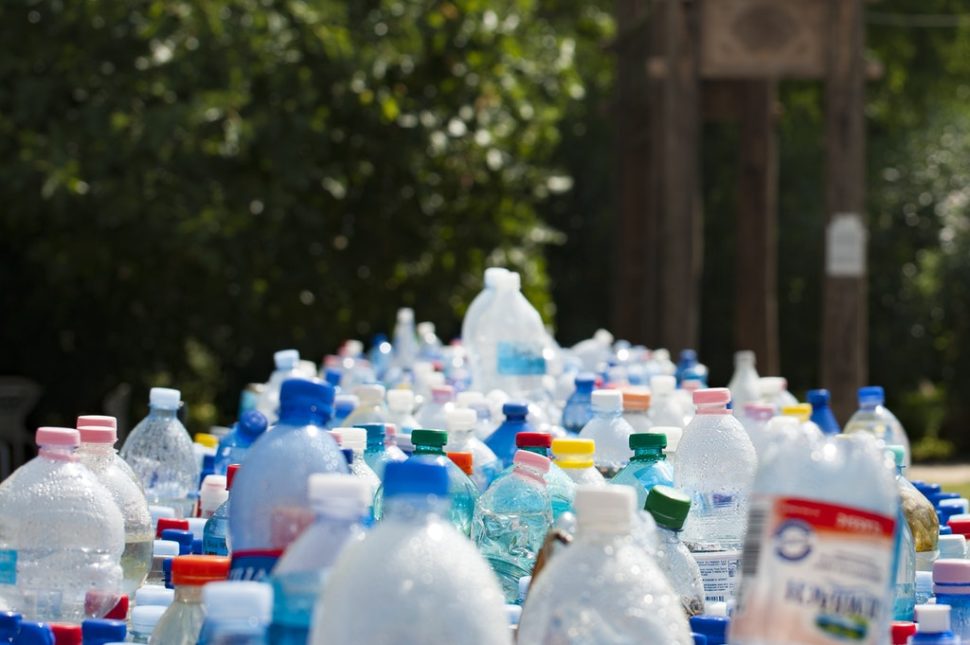An international team of researchers accidentally created a mutant enzyme that could potentially solve humanity’s problem with plastics.
The new study was prompted the plastic eating bug’s appearance in Japan back in 2016. However, while studying how the bug breaks down plastics, the researchers accidentally created a mutant enzyme that performs even better than the original bacteria.
“Serendipity often plays a significant role in fundamental scientific research and our discovery here is no exception,” John McGeehan, a structural biologist from the University of Portsmouth in the United Kingdom, said.
“This unanticipated discovery suggests that there is room to further improve these enzymes, moving us closer to a recycling solution for the ever-growing mountain of discarded plastics.”
The scientists reportedly used a super-powerful X-ray, about 10 billion times brighter than the Sun, to make an ultra-high-resolution 3D model of the Japanese enzyme called PETase. A computer modeling of PETase showed that it resembles another enzyme found in fungus and bacteria, the cutinase.
Read More: Microplastics Discovered in 93 Percent of Popular Bottled Water Brands
McGeehan’s team reportedly tweaked the PETase to better understand its structure. However, their experiment only strengthened the molecule, making it more useful in tearing down the polyethylene terephthalate (PET) plastic commonly used in making soft drink bottles.
“What actually turned out was we improved the enzyme, which was a bit of a shock. It’s great and a real finding,” McGeehan added.
The mutant enzyme only takes days to begin breaking down plastics, a lot faster than the centuries it takes plastics to decay in the ocean. Still, the researchers remain confident that they can find a way to speed it up and make it a more viable process in the future.
“What we are hoping to do is use this enzyme to turn this plastic back into its original components, so we can literally recycle it back to plastic. It means we won’t need to dig up any more oil and, fundamentally, it should reduce the amount of plastic in the environment,” McGeehan was quoted as saying.







Comments (0)
Most Recent